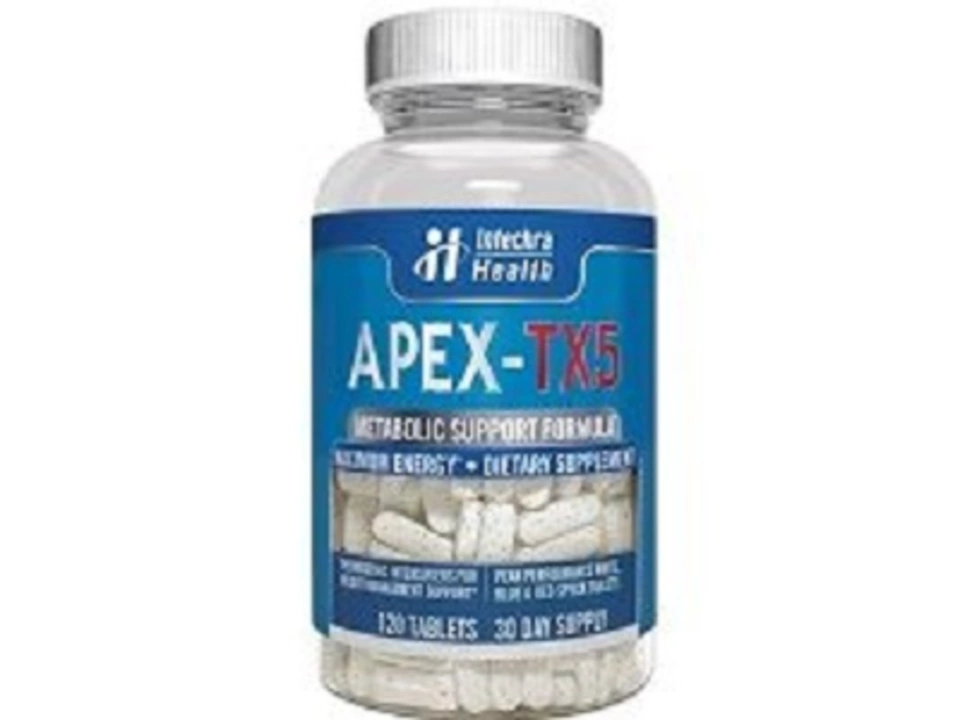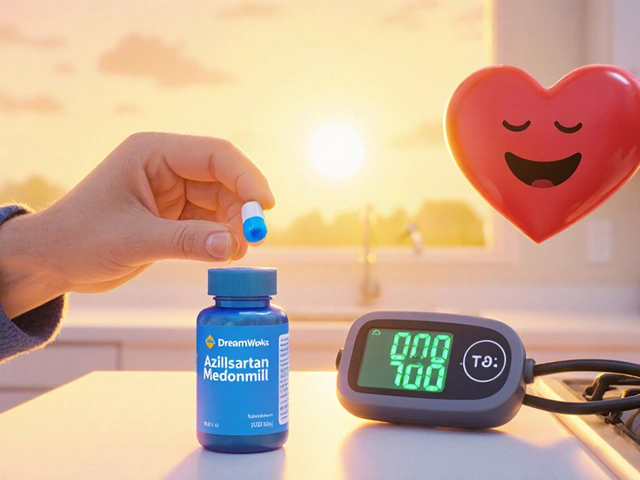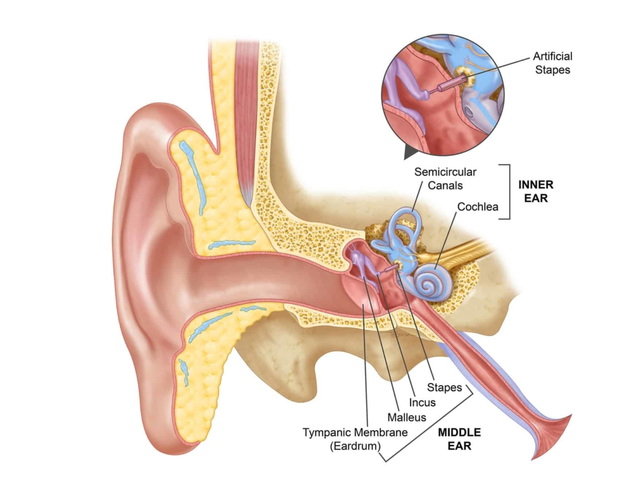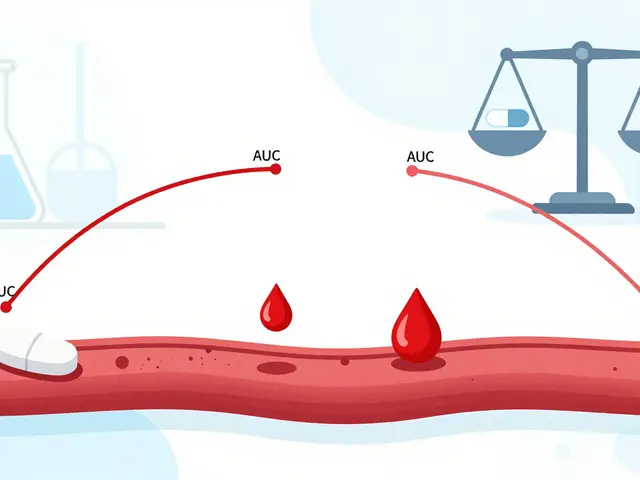Metabolism: How It Shapes Your Health, Meds, and Daily Routine
Metabolism isn't just calorie burn — it's the chemical process that turns food, drugs, and hormones into energy and action. That means a change in metabolism can alter how a medication works, how you feel after eating, and even your heart rhythm. Knowing the basics helps you ask better questions at the doctor and avoid simple mistakes with prescriptions.
How medications and conditions change metabolism
Many drugs are changed by liver enzymes before they do their job, and those enzymes vary between people. That’s why two people can take the same dose and feel very different effects. Thyroid disorders, for example, speed up or slow down many body processes and can cause palpitations or fatigue — the article 'Thyroid Disorders and Arrhythmias' on this tag explains the link in plain language.
Some specific meds on this site show how metabolism matters in real life. Cordarone (amiodarone) affects heart rhythm and interacts with other drugs. Spironolactone can change electrolytes and interact with alcohol. Rivastigmine (Exelon) is used for dementia and has metabolic side effects to watch for. If you take any of these, your dose and monitoring plan should reflect how your body processes drugs.
Enzymes called CYP450 often handle drug breakdown. Certain antibiotics, heart meds, and anticonvulsants speed up or slow these enzymes and can change blood levels of other prescriptions. If you change a med, tell your prescriber so they can check for interactions.
Simple steps to support healthy metabolism
Sleep, muscle, and food matter more than you think. Aim for regular sleep, add resistance training to keep lean mass, and prioritize protein at meals — that helps steady blood sugar and keeps your metabolic rate steadier. Hydration and small frequent moves during the day also help circulation and digestion.
Weight changes, new tremors, fast or slow heartbeat, and major energy shifts are signs to check your thyroid and medication list. Blood tests for TSH, liver function, and basic electrolytes give your doctor the data needed to adjust meds safely.
Use this tag as a practical hub. Below are useful reads from our site so you can quickly find clear guides and safety tips:
- How medications affect heart rhythm — 'Cordarone: Uses, Side Effects, Dosage.'
- Thyroid effects on heart and meds — 'Thyroid Disorders and Arrhythmias.'
- Drug interactions and everyday habits — 'Spironolactone and Alcohol.'
- Sleep and recovery tips — 'Doxylamine for Sleep.'
- Meds for brain function and metabolism — 'Exelon: Benefits, Side Effects & Uses.'
- When first-line fertility meds fail — 'Clomid Not Working?'
If you want a quick next step: make a list of all your meds (prescription, OTC, supplements) and share it with your provider. Ask whether any change in weight, mood, sleep, or energy could mean a metabolism-related issue. Small checks now save tricky interactions later.
Browse the full tag for clear, focused articles on specific drugs, alternatives, and safety tips so you can manage metabolism-related issues with less worry and better questions for your clinician.

Master Your Metabolism with Diiodothyronine: The Dietary Supplement You've Been Waiting For
I've just discovered the dietary supplement we've all been waiting for: Diiodothyronine! This amazing supplement helps you master your metabolism, making it easier to lose weight and maintain a healthy lifestyle. It works by boosting your energy levels and regulating your metabolism, so you'll feel more energized throughout the day. I can't wait to give it a try and see the results for myself. Stay tuned for my future updates on my journey with Diiodothyronine!
View More




